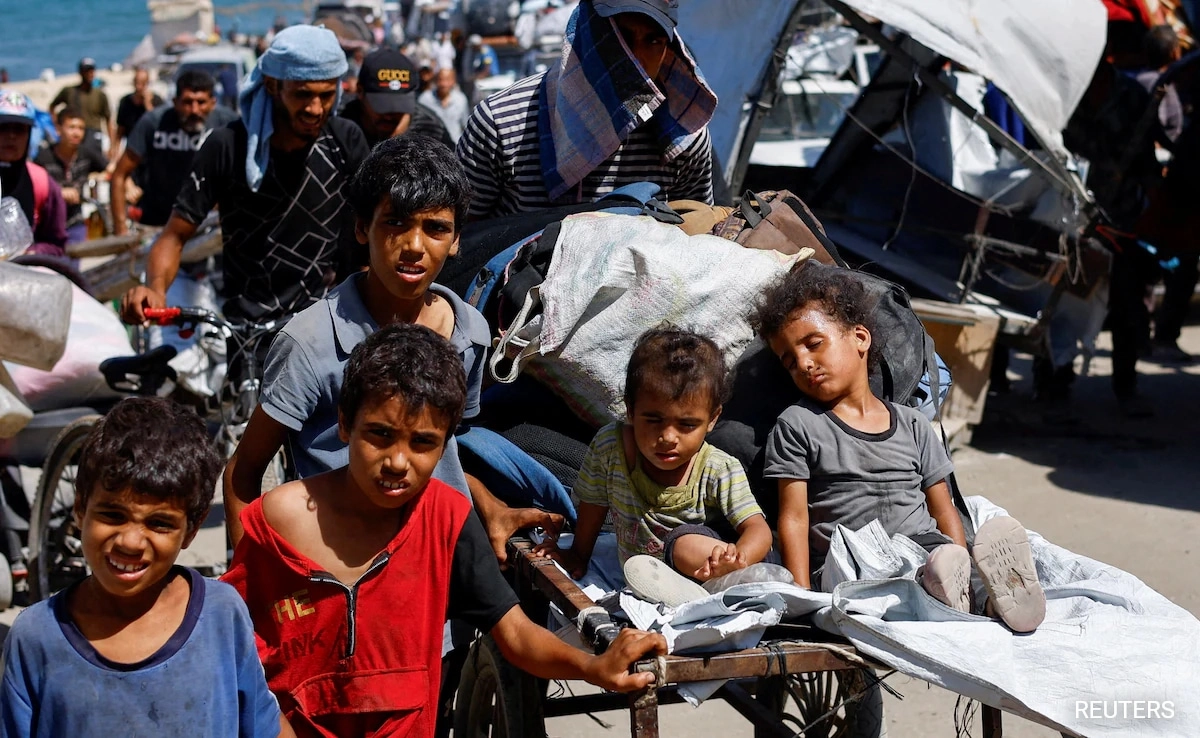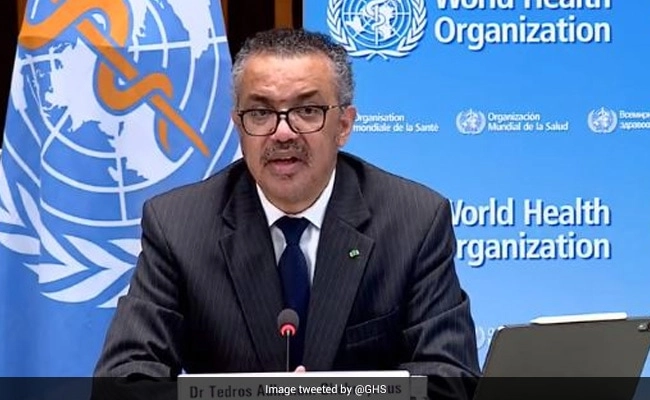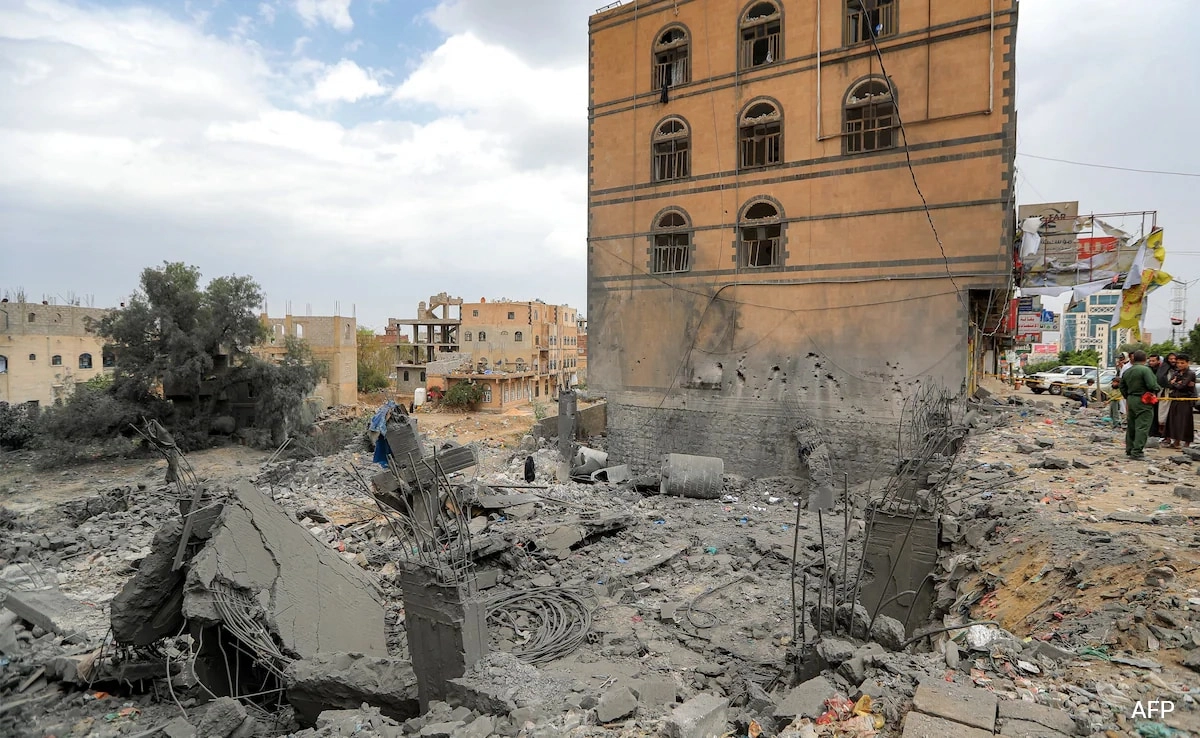The Israel-Palestine conflict has been a long-standing and deeply entrenched issue that has persisted for over a century. The idea of a two-state solution, which envisions the establishment of an independent Palestinian state alongside the state of Israel, has been proposed as a viable resolution to this conflict. However, the feasibility of this solution has become increasingly contentious in recent years due to a multitude of factors. The ongoing expansion of Israeli settlements in the West Bank, the political fragmentation among Palestinian factions, and the shifting geopolitical landscape in the Middle East all contribute to the complexities surrounding the two-state solution.
One of the major obstacles to implementing a two-state solution is the expansion of Israeli settlements in territories that would be part of a future Palestinian state. These settlements not only diminish the land available for Palestinians but also create tensions and resentment among the Palestinian population. Additionally, the internal divisions among Palestinian factions, particularly between Hamas in Gaza and the Palestinian Authority in the West Bank, complicate the prospects for cohesive negotiations and governance. The lack of a unified Palestinian leadership undermines the ability to present a single, compelling case for statehood, making it difficult to engage meaningfully with Israeli counterparts.
Moreover, the geopolitical dynamics in the region have shifted significantly. The normalization of relations between Israel and several Arab states has altered the traditional Arab support for the Palestinian cause, leading some to question the urgency and viability of a two-state solution. As external pressures wane, Israel may feel less compelled to make concessions that would be necessary for peace talks to progress. Additionally, the changing political climate within Israel, with the rise of more hardline elements, has led to a reluctance to consider compromises that would be essential for a lasting agreement.
Despite these challenges, the two-state solution remains a widely supported framework among many international actors and organizations. Proponents argue that it offers the best chance for peace, allowing both Israelis and Palestinians to exercise their right to self-determination. However, for this solution to be realized, significant shifts in policy, leadership, and public sentiment on both sides are necessary. The international community must play a proactive role in facilitating dialogue and addressing the underlying issues that have fueled the conflict for decades. Only through concerted efforts can the path to a peaceful and just resolution be navigated, but time is of the essence, as conditions on the ground continue to evolve.




